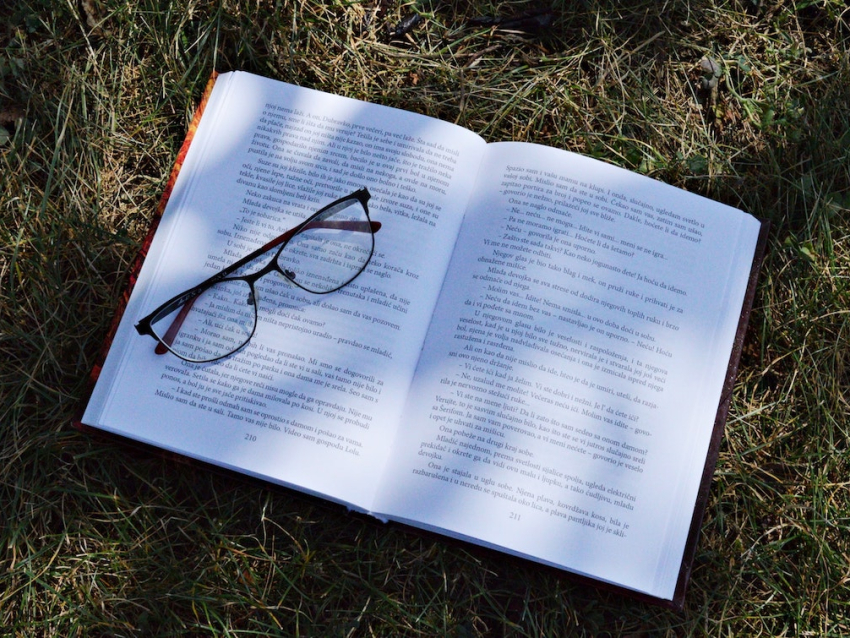
Looking Back: Graduate Alumnus Recounts the Early Days of The Program
Like other pharmacy schools, the University of Kentucky College of Pharmacy was traditionally focused on educating pharmacists for pharmacy practice. However, when Dean Earl Sloan retired in 1967, the College brought in Dr. Joseph Swintosky to serve as Dean and to develop new roles for pharmacists. Swintosky began the push for an all-PharmD Program and a world-class Graduate Program in Pharmaceutical Sciences. Swintosky hired several new faculty members to help jumpstart the new graduate program, including Dr. James Doluisio and Dr. Harry Kostenbauder, who had consulted for Dr. Swintosky when he was in charge of pharmaceutics at Smith, Kline and French Laboratories (SKF) in Philadelphia. Dr. Lewis Dittert also worked with him at SKF. Other new faculty members included Dr. Pat DeLuca, Dr. George Digenis, and Dr. Louis Diamond, in Pharmacology.
The College of Pharmacy Graduate Program in Pharmaceutical Sciences was launched in the fall of 1968. The initial group of graduate students included students with advanced degrees who had worked previously with the new faculty members, as well as students from the College and elsewhere. Getting the new program off the ground was an exciting venture; the dean, faculty and graduate students were all new, and every day brought it own challenges. This led to numerous group discussions centered around answering the question: What do we do now? We were lucky to have faculty members from the other University of Kentucky programs who helped us navigate the new waters. For the students and faculty, it meant setting up new graduate programs, determining which graduate courses to include; which graduate-level courses outside the College of Pharmacy were appropriate; and setting up an individual program for each student with an advisor and faculty team. This was in addition to designing graduate courses and labs for incoming graduate students and assigning Teaching Assistant (TA) responsibilities.
When things got challenging, an undergraduate Pharmacy work/study student provided some good advice; “Some days you get the bear, and some days the bear gets you.” This helped to keep things in perspective. We did what we needed to do to succeed. In once instance, when we realized the advanced Graduate Organic Chemistry course in the Chemistry Department was challenging, we ended up auditing the undergraduate lectures in the morning before attending the graduate-level course in the afternoon for graduate credit.
Because the graduate program was so new there was limited laboratory equipment available. General equipment like test tubes, beakers, and graduated cylinders were provided, but more sophisticated analytical equipment was not yet available. The faculty and staff in other UK Departments were incredibly generous with their time, providing advice, assistance and equipment loans as needed to help get our laboratory work underway. Many of the analytical methods available at the time were colorimetric; gas chromatography and liquid chromatography were in their infancy. The facilities and equipment were rudimentary by today's standards, but the excitement, enthusiasm, and scientific insight were the same that we see today in the College.
Graduate faculty members provided inspiration and excitement for learning and a zest for discovery. There was a constant stream of leading pharmaceutical scientists from academia and industry visiting the College, including scientists from Europe and Asia. This was often an eye-opening experience. These scientists presented lectures on the latest advances and ideas in the Pharmaceutical Sciences and led discussions on the students’ research projects. They also provided students with the opportunity for future networking, support, and job opportunities post-graduation. It seems even at its inception, the UKCOP graduate program had aspirations of a global impact.
The scientific training the faculty provided was important, but they also served as role models for scientific collaboration, interaction among scientists and high-quality research. They were also great teachers. The faculty were instrumental in providing help and assistance when things went wrong. There were many opportunities for learning through diverse experiences.
Once, when I was a TA, the master key for all the student equipment lockers disappeared from my lab. This was important because students were responsible for replacing any equipment missing from their lockers. My advisor Dr. Doluisio was quick to calm me down. He said, “The only people who don’t make mistakes are the ones who don’t do anything.” Problem solved: a valuable learning experience. This was an example of one of the many lessons I'd learn for the future.
Entering the Graduate Program in Pharmaceutical Sciences at the College in 1968, I already had a master’s degree with an additional year of course work, so most of my time was spent filling in any missing courses and particularly research. Fortunately, I was able to complete the PhD degree in 1970 and move on to a faculty position at West Virginia University. (This was important because I was married and had a baby boy by graduation.) I have always appreciated my time at the UK College of Pharmacy and thank the faculty and staff for their help, encouragement, and support during my time there. I also thank my wife Joanne for her love and support during my many late nights in the lab and working weekends as a Pharmacist at Central Baptist Hospital.
